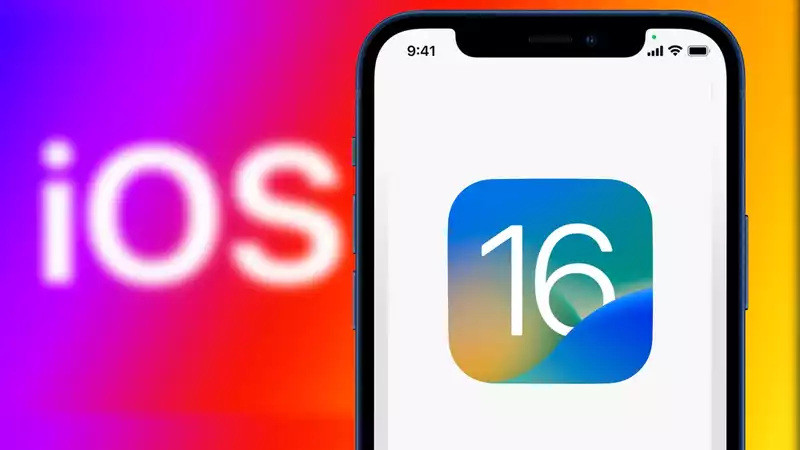Apple's latest iPhone update, iOS 16.5, is causing a bit of a stir on social media. No, not because of the sudden incompatible hardware, but because of unexpected battery drain.
"iOS 16.5 is deadly for batteries," tweeted one outraged user, while another warned of "horrible" battery life, "dramatically" slower charging times, and "seriously high temperatures."
So what is going on and how can it be fixed? The good news is that, in most cases, it can be fixed with a little patience. Believe it or not, if you ignore it, the problem will naturally resolve itself.
This is because when you download a new version of iOS, things happen in the background. Data is optimized for the new software, battery settings are readjusted, apps need patches, and sometimes photos are rescanned if the update contains new algorithms.
All of this will consume battery power, but this is a temporary problem; after a couple of days, the battery should adjust and return to normal.
In fact, Apple has said so in the past. "It's normal for apps and features to need to be adjusted up to 48 hours after an update," the company's Twitter support account told users last spring when iOS 15.4 was causing complaints.
In other words, don't worry about the warnings.
Personally, I updated my iPhone 14 Pro to iOS 16.5 a few days ago and did not notice any battery drain issues. However, if there is some systemic problem, I bet Apple will soon issue a further update that will address the root of the problem (as they did with iOS 15.4.1, which arrived within two weeks of the widespread problem being reported).
But what if you've waited 48 hours and your iPhone is still struggling with lack of stamina? The first thing you should do is check the iPhone's battery status, hidden in the Settings menu. Scroll down to "Battery" and tap it, then select "Battery Status.
When it reaches 80%, Apple will tell you to replace the battery. But remember, there are ways to prolong the life of your iPhone battery that do not require surgery at an Apple Store.










Comments